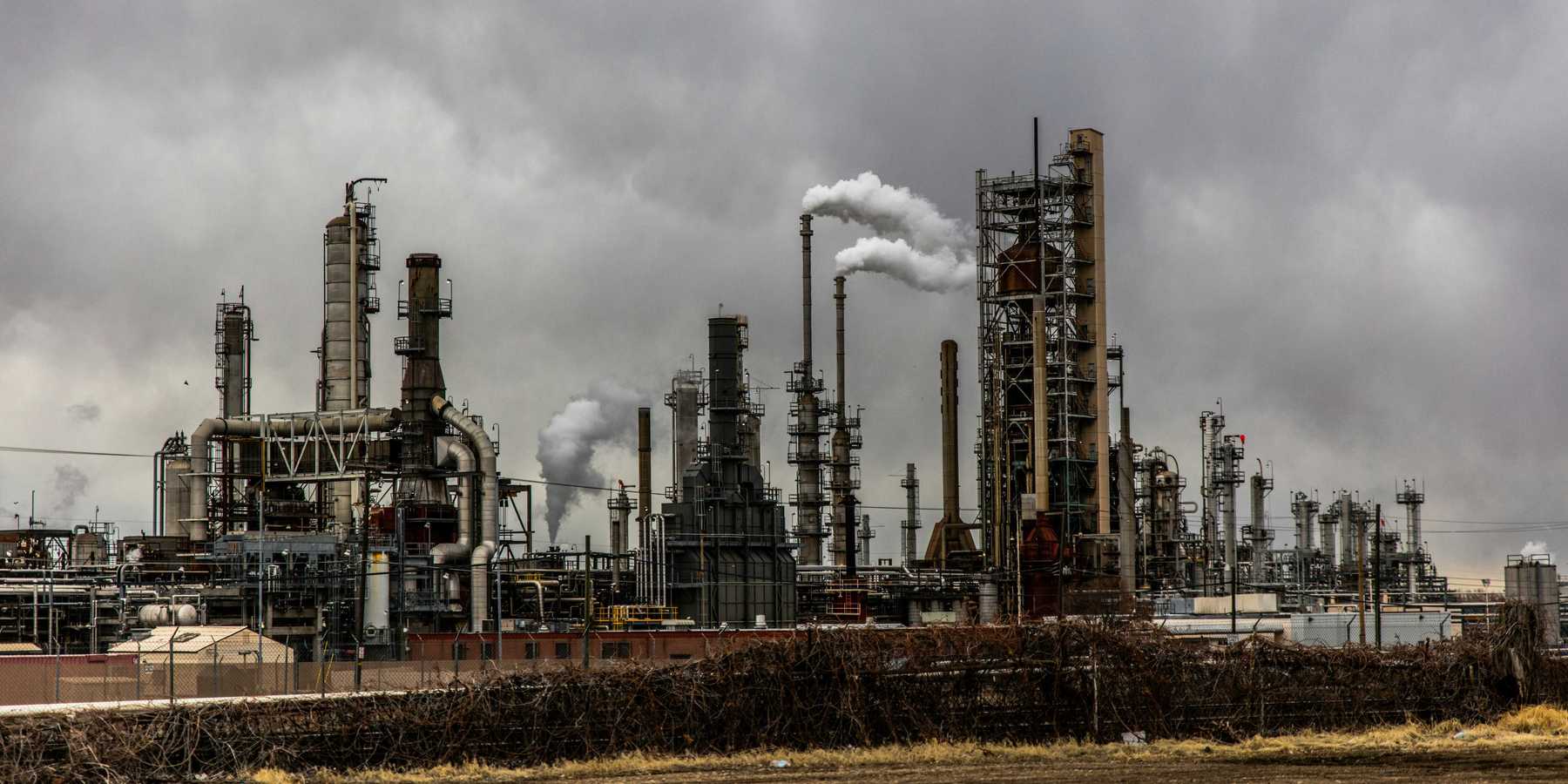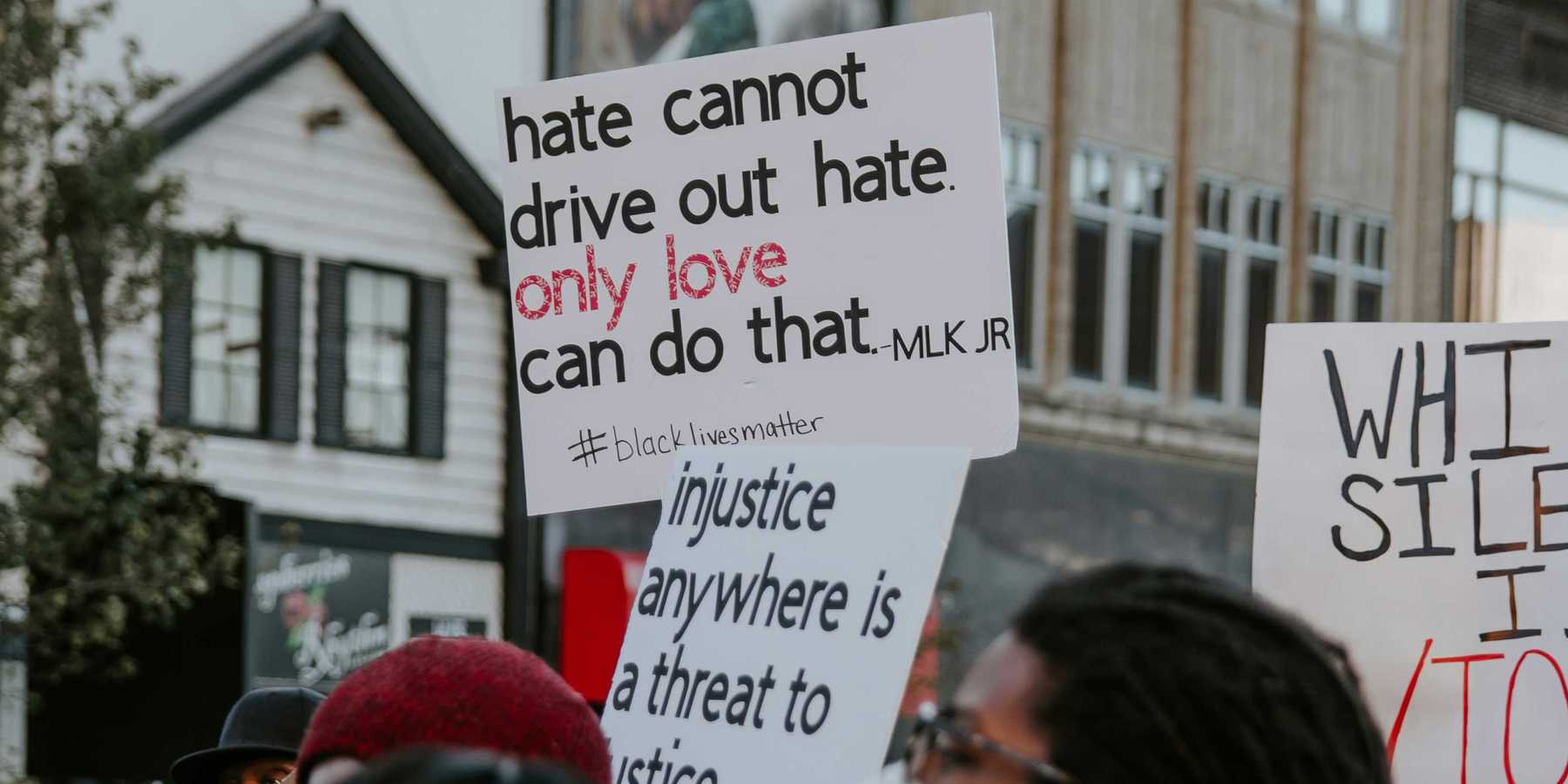Colorado takes aim at landfill methane to curb air pollution and climate risk
Methane leaking from Colorado’s landfills now rivals the annual emissions of a million gas-powered cars, prompting proposed state rules to limit the gas's release and its toll on public health.
Jennifer Oldham reports for Capital & Main.
In short:
- Colorado’s 51 municipal landfills emit methane at levels comparable to driving one million cars for a year. Methane is 80 times more potent than carbon dioxide over two decades and worsens climate-driven disasters like wildfires and drought.
- New draft rules would require landfill operators to measure methane, fix leaks, and in many cases, install gas capture systems. The plan includes third-party satellite monitoring and closes loopholes in federal law that delay emission controls.
- Alongside climate concerns, landfills emit toxic compounds like benzene and toluene, contributing to Denver’s ozone pollution and increasing health risks for nearby communities, especially in lower-income areas.
Key quote:
“These landfills are not only driving climate change, they are also driving a public health crisis in our community.”
— Guadalupe Solis, director of environmental justice programs, Cultivando
Why this matters:
Methane is a powerful greenhouse gas that escapes from landfills as food and yard waste break down. While less discussed than carbon dioxide, methane traps far more heat in the short term, accelerating the pace of climate change. What makes it even more dangerous is that its release often goes unnoticed: The gas is invisible, odorless, and until recently, difficult to track. Now, satellite imaging and remote sensing technologies are showing that many landfills release far more methane than previously thought. These emissions often carry other hazardous pollutants, including cancer-linked chemicals like benzene, putting nearby residents — many in low-income and communities of color — at elevated risk. In places like Denver, which already struggles with air quality, landfill pollution compounds an already serious health burden.
Read more: Landfills release more methane than expected













